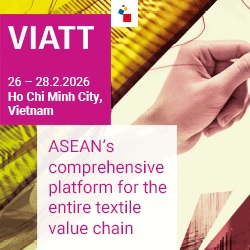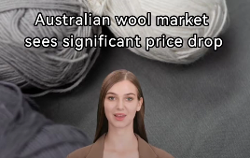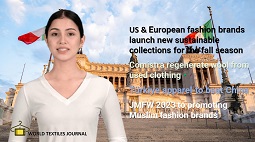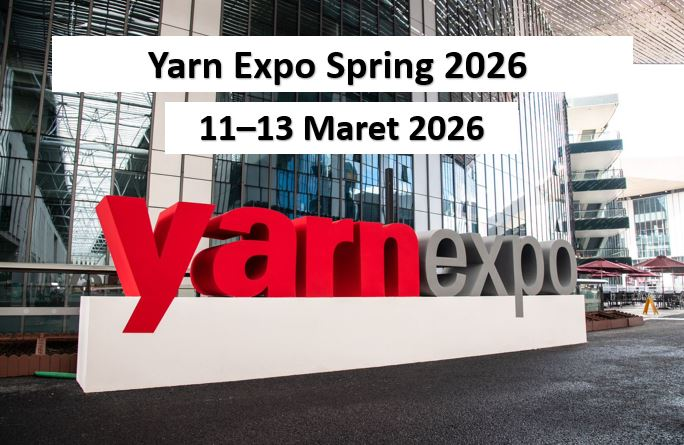In a bid to address the challenges posed by a surge in imported goods flooding the domestic market, President of Indonesia Republic Joko Widodo (Jokowi) has taken swift action, prompting the issuance of several regulations by Minister of Finance Sri Mulyani. The latest of these, Minister of Finance Regulation Number 111 of 2023, brings significant changes to the implementation schedule, now effective from October 17, 2023, as opposed to the initially planned date of 60 days after its announcement on September 18, 2023.
These regulatory amendments specifically target imported goods, introducing tariffs ranging from 25% to 40%. Electric bicycles face a 40% tariff, watches are subject to a 10% tariff, cosmetics face a 10%-15% tariff, and iron and steel are subject to a 0%-20% tariff.
Minister Sri Mulyani clarified that the government's decision to implement these tariffs is driven by the need to protect local industries from the influx of large quantities of imported goods, particularly in sectors with high import volumes such as cosmetics, electric bicycles, and watches.
Fadjar Donny Tjahjadi, Customs Technical Director of the Directorate General of Customs and Excise, Ministry of Finance, emphasized the prevalence of illegal textile imports and their detrimental impact on local industries, especially the garment sector. The influx of such imports has led to closures, production cuts, and layoffs.
Data from the International Trade Center (ITC) reveals a significant increase in textile imports from China, reaching $6.50 billion in 2022. This surge has taken a toll on the domestic industry, prompting the government to implement measures to curb the negative effects.
Redma Gita Wirawasta, General Chair of the Indonesian Filament Yarn and Fiber Producers Association (APSyFI), stressed the importance of the government taking strong action against both legal and illegal imports, particularly in the textile and garment sector.
President Jokowi expressed frustration at the impact of imported second-hand clothing on the local industry during a Business Matching event. This frustration has led to a crackdown on second-hand shops, particularly in locations like Pasar Senen.
Coordinating Minister for Economic Affairs Airlangga Hartarto echoed the stringent measures, explaining that certain imported commodities would face stricter regulations to protect the domestic market.
Askolani, Director General of Customs and Excise, identified three main modus operandi contributing to the surge in illegal imports: under-invoicing, undeclared goods, and the potential balloon effect, where prohibited goods flow into unmonitored areas as authorities focus on specific locations.
The efforts by the Ministry of Finance and other related government agencies aim to combat these practices and shield local industries from the adverse effects of widespread imports. Beyond economic considerations, the government's steps signal a commitment to revitalizing local industries, safeguarding jobs, and enhancing overall economic resilience.





